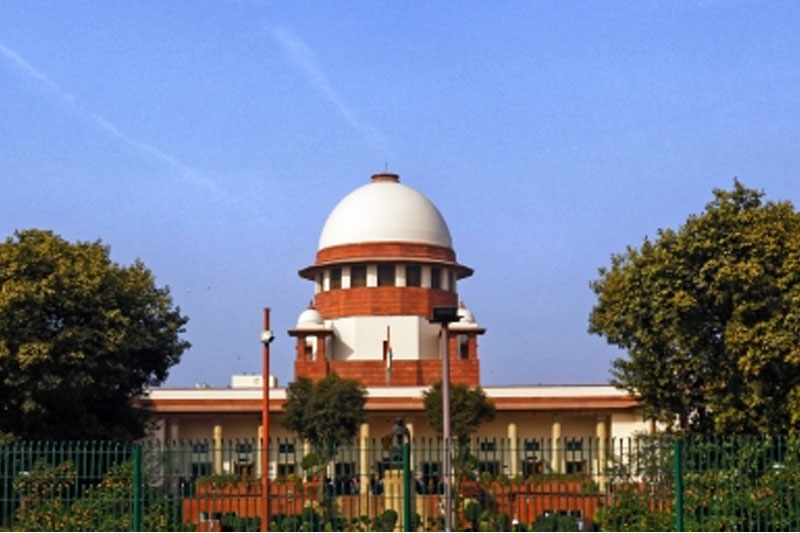Lack of Statutory Grounds No Obstacle to Granting Divorce Under Article 142: Supreme Court
The court observed that although the case did not fall under any specific grounds laid out in the Hindu Marriage Act, 1955, the prolonged separation of the couple amounted to an irretrievable breakdown of marriage.

In a significant ruling, the Supreme Court dissolved a 25-year-old marriage by invoking its extraordinary powers under Article 142 of the Constitution. The court observed that although the case did not fall under any specific grounds laid out in the Hindu Marriage Act, 1955, the prolonged separation of the couple amounted to an irretrievable breakdown of marriage.
Table of Contents
Background: Years of Separation
The case stemmed from an appeal against a Patna High Court judgment that upheld the dismissal of a divorce petition filed by the appellant-wife under Section 13 of the Hindu Marriage Act. The marriage, solemnized in 1999, had been troubled for years, with the couple living separately for over a decade—since either 2008 or 2012, as per differing claims.
The couple has a daughter who is now in the second year of her MBBS studies at a medical college in Puducherry. The Supreme Court noted that she is now mature and nearing marriageable age.
Supreme Court: Divorce Possible Even Without Statutory Grounds
A Division Bench comprising Justice Dipankar Datta and Justice Manmohan held that even though the respondent-husband opposed the divorce on grounds that none of the statutory conditions for dissolution under the Hindu Marriage Act were met, it was still within the court’s power to grant a divorce under Article 142.
Quoting the Constitution Bench decision in Shilpa Sailesh v. Varun Sreenivasan, the judges stated,
“We believe that it is a fit case for us to invoke powers under Article 142 to dissolve the marriage… given the prolonged period of separation and multiple failed attempts at reconciliation.”
No Hope of Reunion
Both parties, now in their fifties, were found to have made several unsuccessful reconciliation attempts. The court concluded that there was no reasonable possibility of reunion, and thus, continuing the legal tie served no purpose.
Final Order
Allowing the appeal, the Bench ruled:
“We dissolve the marriage between the parties by a decree of divorce. Decree be drawn up accordingly.”
AOR Pulkit Tare represented the appellant-wife, while Senior Advocate Ashok Kumar Choudhary appeared for the respondent-husband.
The ruling marks a noteworthy use of constitutional discretion to ensure substantive justice in marital disputes that do not neatly fit within the statutory framework.
